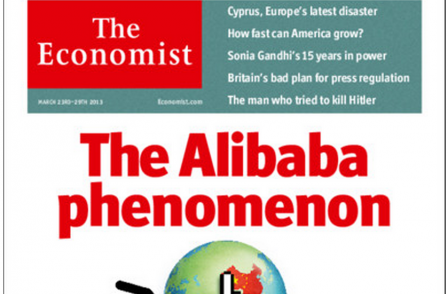
It is becoming increasingly likely that large sections of the British press could stay out of the statute-backed press regulator agreed by MPs this week.
The Economist today joined the growing list of titles opposing the Government’s proposed statute-backed regulator.
The New Statesman and Spectator and have said they do not plan to join a regulator underpinned by the proposed Royal Charter and Private Eye editor Ian Hislop has also indicated that he is likely to continue his boycott of press regulation.
Yesterday the Department of Culture, Media and Sport suggested that business-to-business titles like Retail Week would lie outside the exemplary damages legislation which backs up the new regulator.
This would mean that a vast section of the British press would not have the main incentive to join it.
Journalists at the British Medical Journal were bemused yesterday to read that they would join single bloggers, Twitter users and parish magazines in lying outside the exemplary damages regime – again according to the DCMS. The BMJ has a reputation for investigative journalism and has fought numerous libel cases.
The Economist, which is the second biggest selling current affairs magazine in the UK, said in a leader: “The idea of using a super majority to bind future parliaments violates the notion of parliamentary sovereignty. The exemplary damages are unfair.
“The plan fails to deal with the migration of the press on to the internet, and the resulting difficultly of defining what is, and is not, a journalist.
“And although the proposal involves bizarre institutional contortion to distance press regulation from the Government, it raises the spectre of state regulation.
“To oppose this proposal is not to deny that much has gone wrong. Yet virtually all Fleet Street’s worst abuses can be dealt with under existing law.
“For us, the choice is clear: we believe society gains more from a free press than it loses from tabloids’ occasional abuse of defenceless people. Because that view has held sway in Britain, the press has remained free of state intervention for over 300 years.
“Fleet Street does not have an impeccable record. It has broke the law and victimised innocent people. But is has also, time and again, exposed the lies and incompetence of politicians.
“Now a late night between politicians could give polticians power over it. Fortunately, their proposal is such a mess that it looks as though it may fall apart."
Email pged@pressgazette.co.uk to point out mistakes, provide story tips or send in a letter for publication on our "Letters Page" blog
